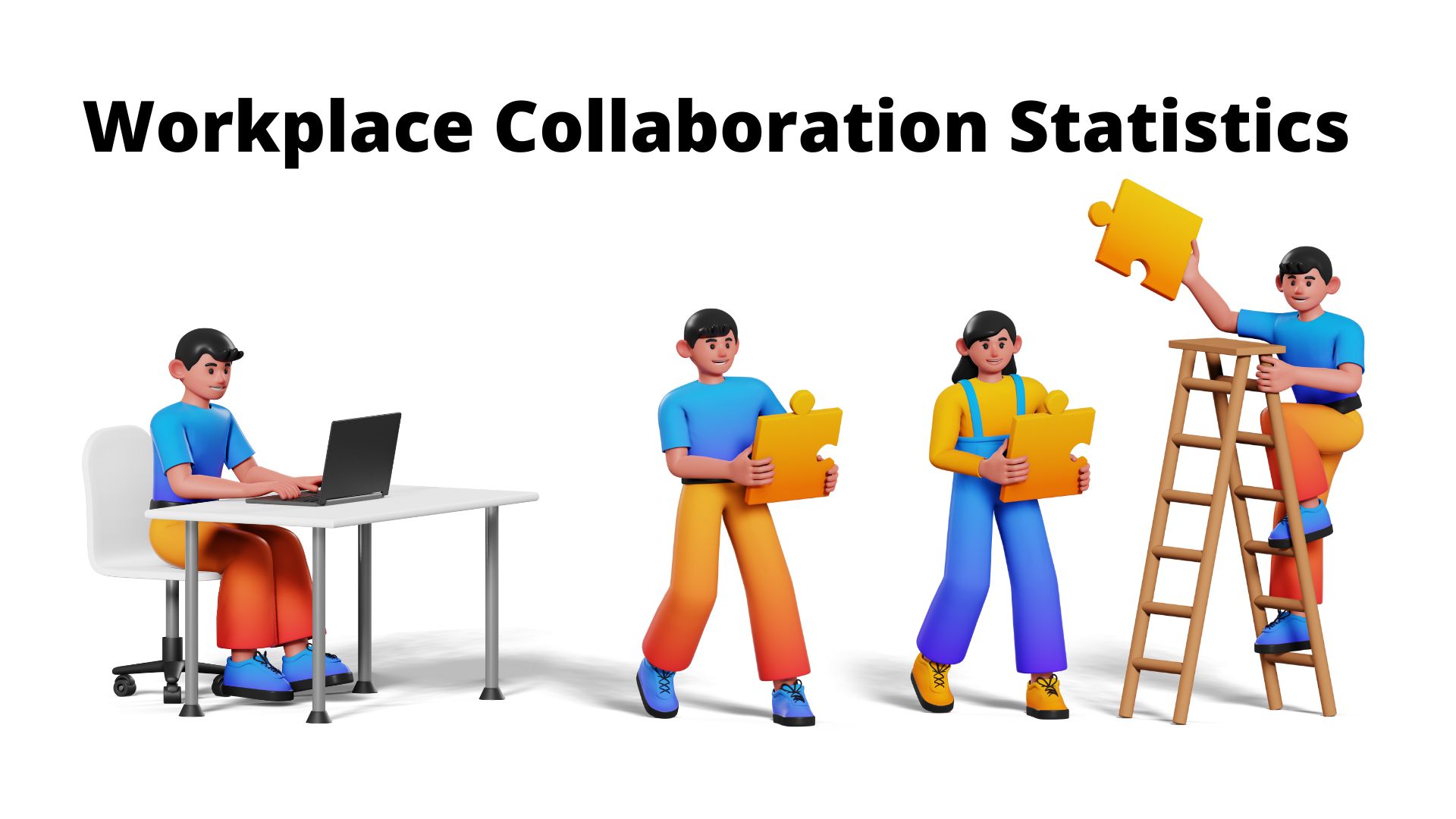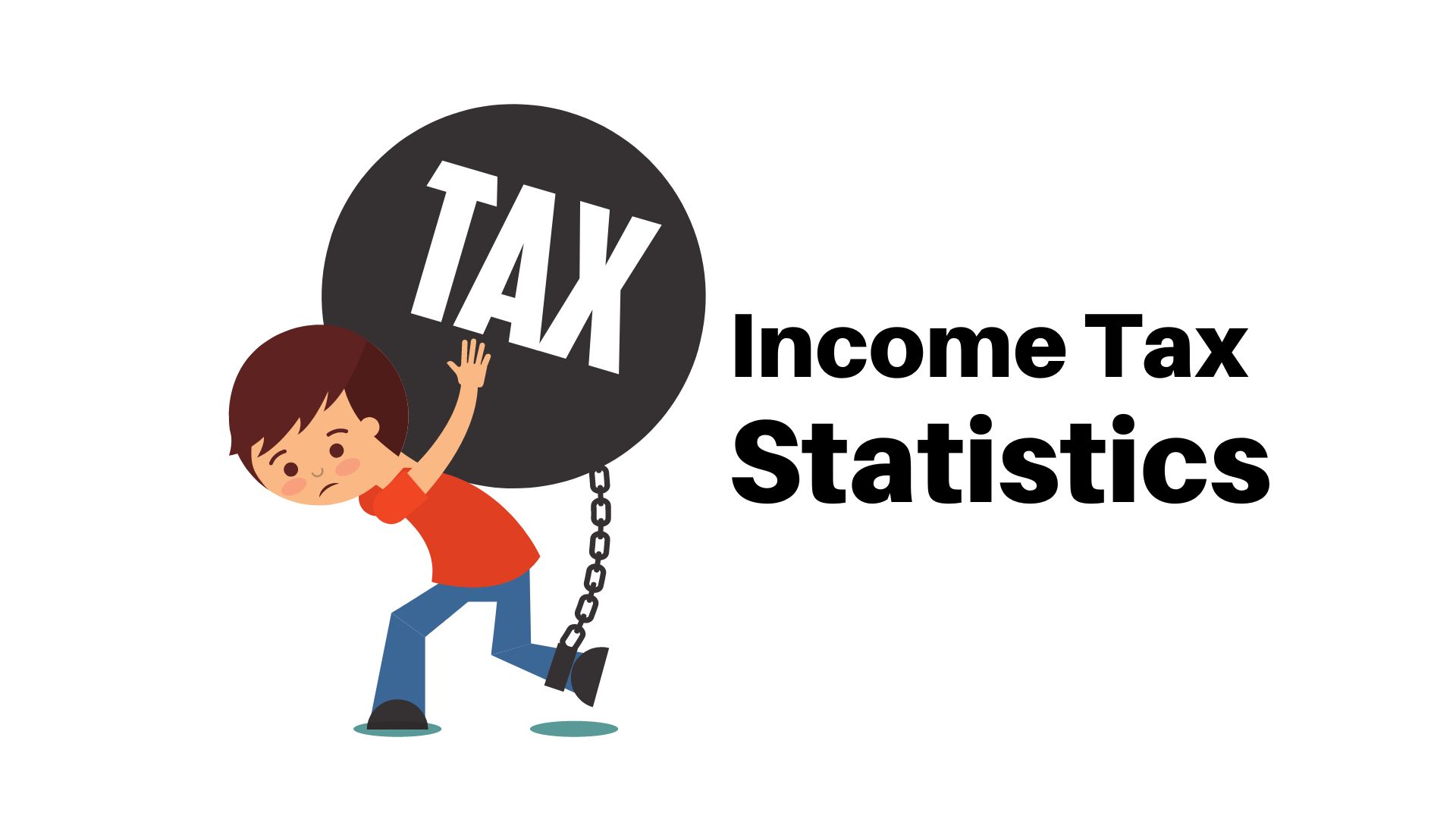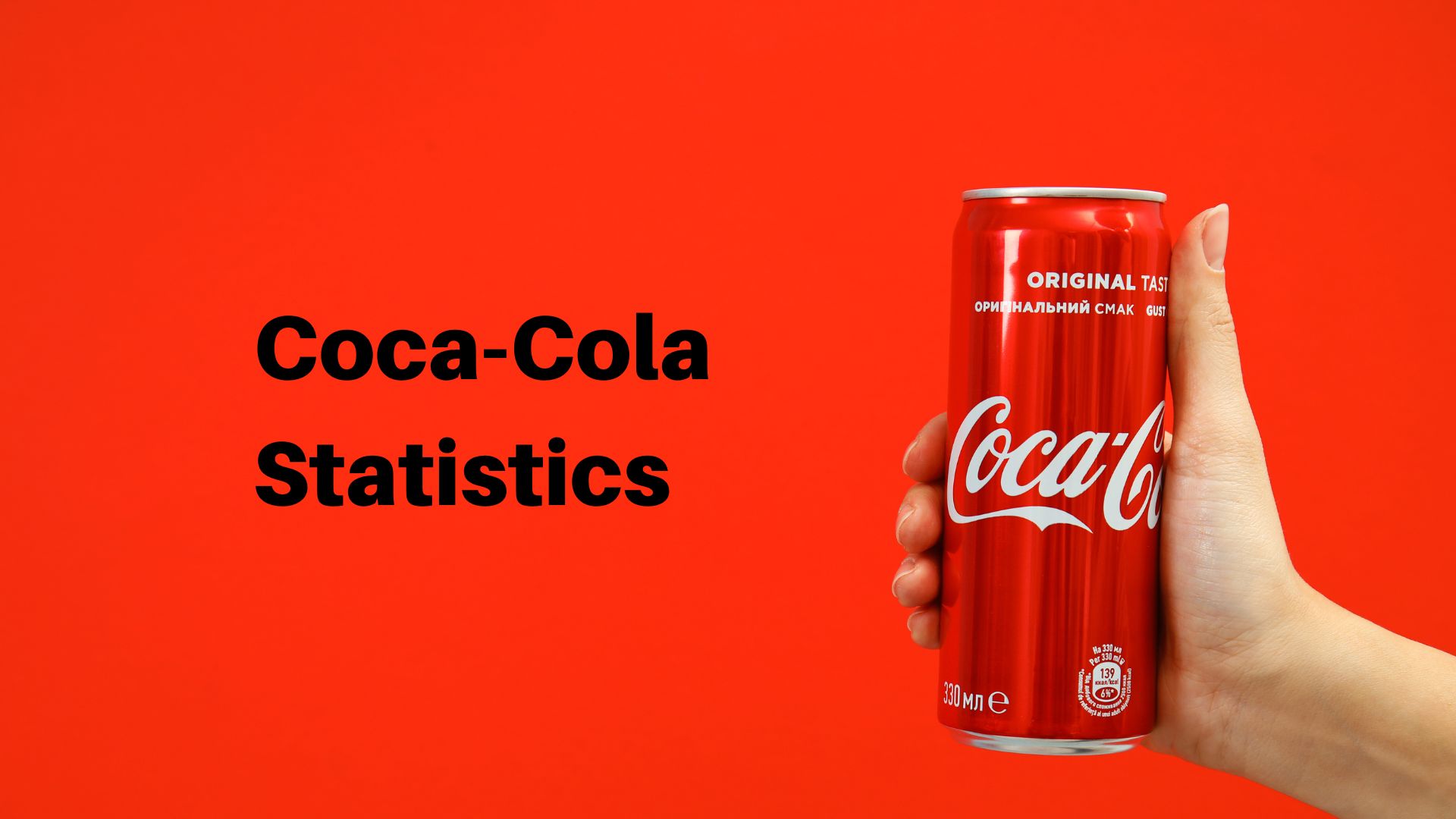Oracle’s Takeover Bid Still Faces Hurdles
A federal judge has cleared the way for Oracle's $7.7 billion hostile
takeover bid for PeopleSoft, but the plan still has many hurdles ahead.
U.S. District Court Judge Vaughn R. Walker issued his 164-page
ruling late Thursday saying the antitrust suit filed by the U.S.
Department of Justice did not convince him that the takeover would harm
competition in the market for certain enterprise software applications. The
DoJ said it was disappointed with the decision but it now has 60 days in
which to appeal the judge's ruling.
Despite escaping the DoJ's suit this time, Oracle is not dancing in the
streets just yet. PeopleSoft still has a shareholder rights “poison pill” to
consider. PeopleSoft's Customer Assurance Program could wreak havoc on
Oracle's bank account. And then there is a looming review by the European
Commission (the regulatory body of the European Union), which could turn
into another antitrust challenge.
PeopleSoft responded late Thursday with a statement that its Board of
Directors “would review the implications of the Judge's ruling.”
In the meantime, PeopleSoft still has its own legal complaint against
Oracle. The case is scheduled to go to trial before a jury in Oakland,
California, on November 1, 2004. PeopleSoft's complaint alleges that Oracle
has engaged in unfair business practices, including a deliberate campaign to
mislead PeopleSoft's customers and disrupt its business. The company is
asking for more than $1 billion in compensation plus punitive damages.
Hoping to avoid further legal problems, Oracle chairman Jeff Henley and
CEO Larry Ellison sent a letter off to PeopleSoft's board asking that the
two sides sit down and broker out a deal. Oracle also extended its tender
offer to Friday, September 24, 2004. The offer was previously set to expire
at midnight September 10.
“In light of recent trends and events, we urge the Board to reconsider
its previous recommendation. We believe our offer provides full and fair
value and that further delay is not in the best interests of PeopleSoft's
stockholders, customers, and employees,” the letter from Oracle said.
It is uncertain what PeopleSoft will do now. Historically, the Board has
unanimously rejected each of Oracle's offers, including its current offer of
$21.00 per share. On May 25, 2004, the Board concluded that the current
offer was too low after consulting with its financial advisors Citigroup and
Goldman, Sachs.
But, a source close to the Pleasanton, Calif.-based company told
internetnews.com employees are very concerned about their chances in
appeals court and talk of a takeover by another company is running rampant.
While it might seem strange that someone would try to snatch PeopleSoft
from under Oracle, as
previously reported, Bill Gates asked Microsoft's Steve Ballmer in an
e-mail to consider taking a financial stake in PeopleSoft to keep Oracle
from taking the reins. The Redmond, Wash-based software vendor later
considered a $65 billion
plan to acquire German-owned SAP AG .
Robert Christopher, an attorney with Coudert Brothers LLP, and who has been
following the case, said Judge Walker's opinion is “both consistent with his
fundamental political philosophy that government activism in business
decisions normally ought to be avoided, and consistent with prevailing
conditions and sentiment in a still-struggling Silicon Valley.”
The government's case tried to prove that the hostile takeover would
limit customer choices to just Oracle and market leader SAP creating a
monopoly in the enterprise resource planning (ERP) market. Those tools
include Human Resource Management and Financial Management Services.
Throughout the trial, Judge Walker questioned the DoJ's position while
analysts criticized the government for oversimplifying the definition of
top-tier and mid-tier ERP players.
In his opinion, Judge Walker said the DoJ may have succeeded in proving
the relevant product market does not include incumbent systems or the
integration layer.
But the Judge said the government failed to prove that outsourcing
solutions, best of breed solutions and so-called mid-market vendors should
be excluded from the relevant product market. Furthermore, Judge Walker said
the DoJ failed to establish that the area of effective competition is
limited to the United States.
“From a technical legal perspective also, Judge Walker's analysis cannot
be said to be unfounded or unsound,” Christopher told
internetnews.com. “Most antitrust lawsuits that fail do so because
the relevant market is found, upon disputed evidence, to be broader than
what the plaintiff has claimed. That is what has occurred here.”
Consequently, Christopher continues, the decision almost certainly will
hold up if it were sent back on appeal.
“The federal government should think long and hard before committing more
resources, energy, time and tax dollars to a lost cause,” Christopher said.
“The principal findings are in large part factual and therefore will be
given considerable deference by the Ninth Circuit. Regrettably, however, the
opinion ignores the intuitive and practical reality that if Oracle succeeds
in taking over PeopleSoft, there will be significantly less choice and less
competition in the large enterprise software marketplace, whether that
marketplace is geographically defined as domestic or global.”

Michael Singer is a career coach, podcast host, and author to help you step into a career you're excited about. Currently, He is a coach and trainer helping entrepreneurs and executives achieve business and leadership success. He is also an award-winning business journalist focused on the intersection of technology, Big Data, Cloud, SaaS, SAP, and other trending technology.



